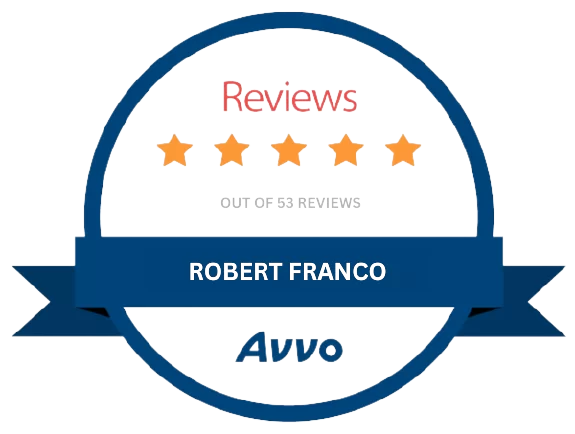Secure Your Future with Revocable Living Trust
What is Revocable Living Trust
A Revocable Living Trust is used as an alternative to a Will. In a Revocable Living Trust, you create a trust for yourself to hold your property and assets. You typically appoint yourself as Trustee, and you can take property and assets in and out of the trust whenever you want. The primary purpose of a Revocable Living Trust is to avoid Probate, the court process for paying the debts and distributing the property and assets of a deceased person. However, there are other benefits to a revocable living trust, such as privacy and characterizing community and separate property between married couples.

This package includes
The Revocable Living Trust package includes all documents necessary for the trust, as well as a pour-over will (a backup will), financial and medical powers of attorney, and a health-care directive.
Financial Power of Attorney
Health Care Directive or Living Will
Health Care Power of Attorney
How We Work

Consultation
We offer a complimentary consultation to find you the most appropriate services and see if we are a good fit.

Design
We send you an Estate Planning Questionnaire and design a plan while communicating with you every step of the way.

Take Action
We create all the agreed upon documents and complete the process.
We Treat Clients like Family
Robert has been great. His expertise in realestate purchase and sale agreements saved us a major headache and provided us options to ensure we found a viable solution for all parties. Additionally Robert was timely in his response.
I spoke with Robert today to get advice on a will. He was friendly, knowledgeable and compassionate. He listened and addressed my questions straightforwardly and honestly. I recommend him wholeheartedly.
Mr. Franco listened to my situation and offered advice guiding me in a different direction than the course I had chosen. This has turned out to be a better direction by which to accomplish my goals.
FAQs
You should consider a revocable trust for several reasons. The most important reason to have a trust is to avoid probate.
A revocable trust can help you avoid probate, protect your privacy, reduce the risk of estate litigation after you pass away, and determine the character of property owed during marriage.
Even if you have a revocable living trust, you still want a backup or pour-over will in case you need to go to probate. In that case, the backup will can leave everything to your trust.
A revocable trust will not protect your assets from creditors while you are alive, but it may provide asset protection after you pass away.
Like a will, a revocable trust can help you save on estate and capital gains taxes if done properly.
The benefit of a revocable trust is mostly to avoid probate, and avoiding the time and cost of probate can be useful regardless of financial status.




